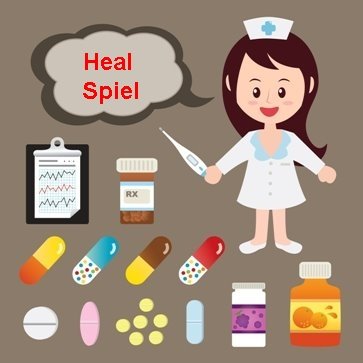
“The officer proceeded to pull out his gun, point it at my face, and told me to lay face down on the ground, which I did. At this point, my ID card dropped on the floor and I remember him stepping on me, probably putting his knee on my back, and then cuffed me.”
This is how a Dr. Ziworitin of UMC describes his encounter with a cop, after the physician was stopped for speeding, while rushing to hospital for an emergency.
Radley Balko writes, "Even if the cop doubted this guy was a doctor, the cuffs, gunpoint, and a boot in the back all seem more than a little excessive, no?"
The shear theater and spectacle of the violent assertion of power certainly makes ones bristle. However, the outrage over this incident, as well as the outcome of the DPD PR disaster, both make me a bit uncomfortable. Certainly, cops ought to exhibit some common sense. However, people should know that one's emergency does not confer an implicit right to put other people's lives in danger. If we express only populist outrage, (which is distinct from genuine sympathy for the driver's misfortune), we may forget to communicate that it is perfectly reasonable for a cop to stop a car, and tell the driver to slow down (pulling out the gun is...unnecessary).
I don't know how things work here in the U.S., but when I worked as an EMT for the Red Star of David in Israel, we were explicitly forbidden from going beyond a particular speed, even if the patient was in cardiac arrest. So if people facing tragedy deserve to not be harassed and threatened by the cops, the police, in turn, deserve increased public awareness that sensible traffic rules aren't conditional to one's personal, or even tragic, circumstances.




No comments:
Post a Comment